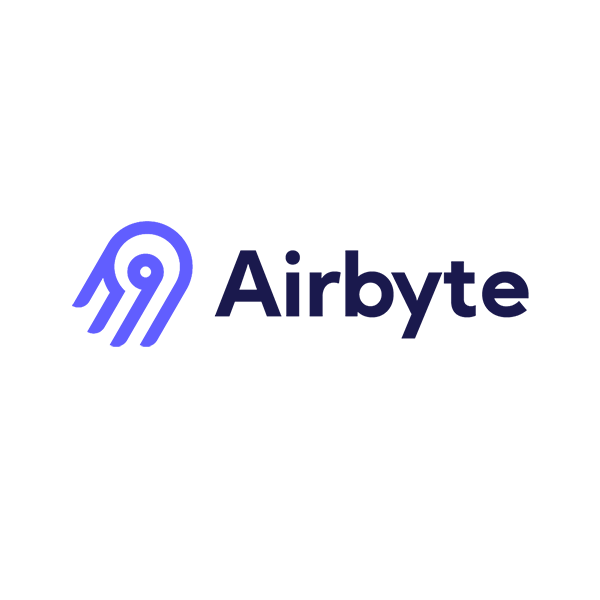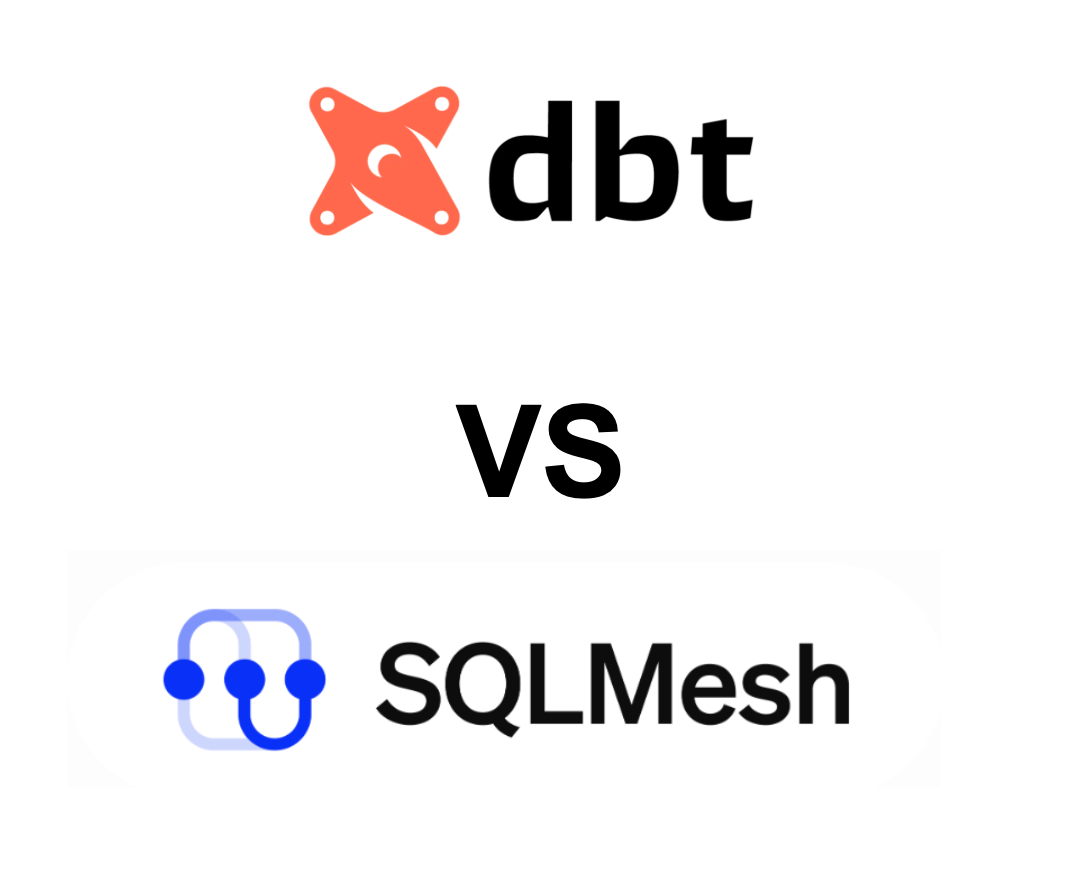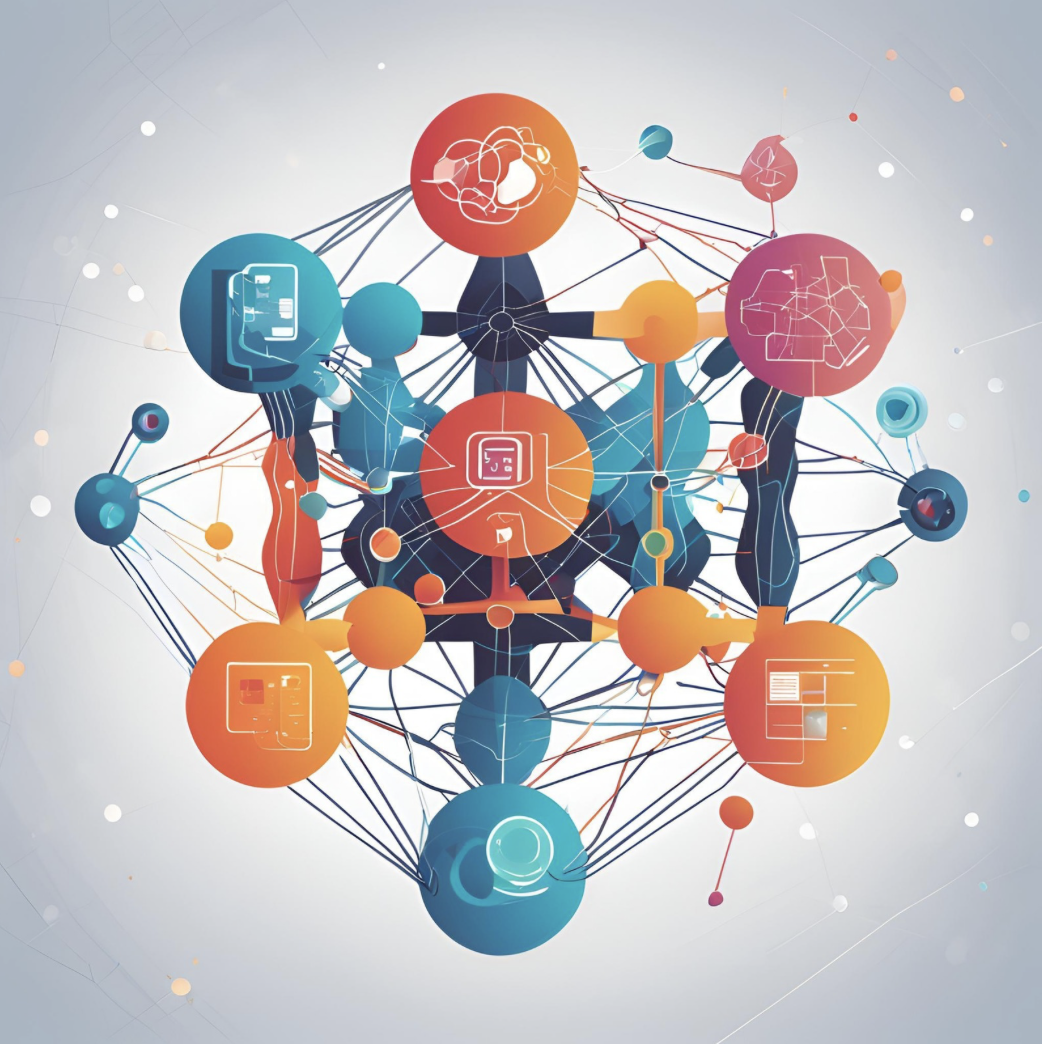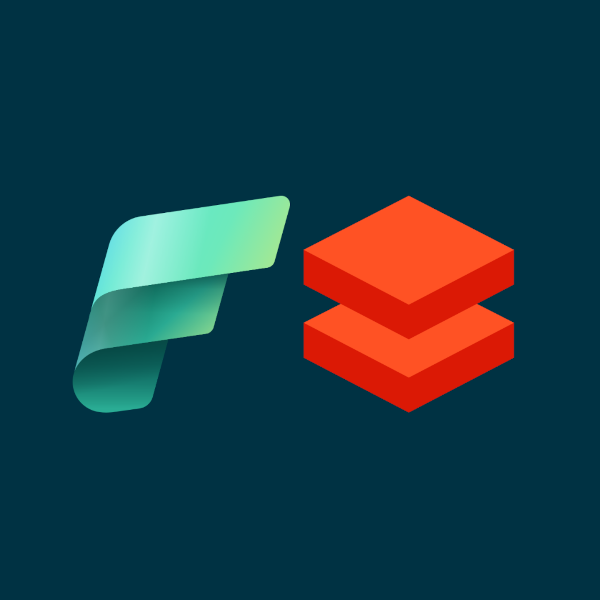Introduction to Airbyte
Airbyte: Democratizing Data Integration
In today’s data-driven world, businesses rely on a multitude of applications and data sources. Integrating this data into a central repository for analysis and decision-making is crucial, but it can be a complex and time-consuming process. Enter Airbyte, an open-source data integration platform that’s simplifying data pipelines and empowering businesses to take control of their data.






